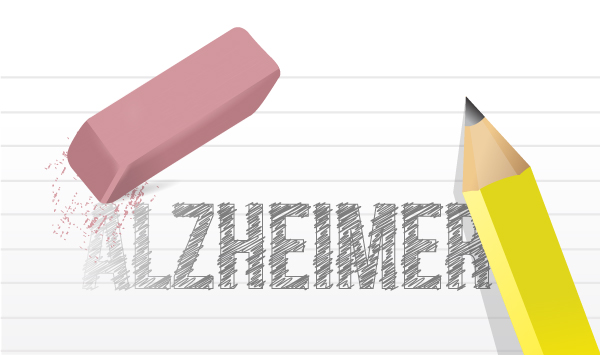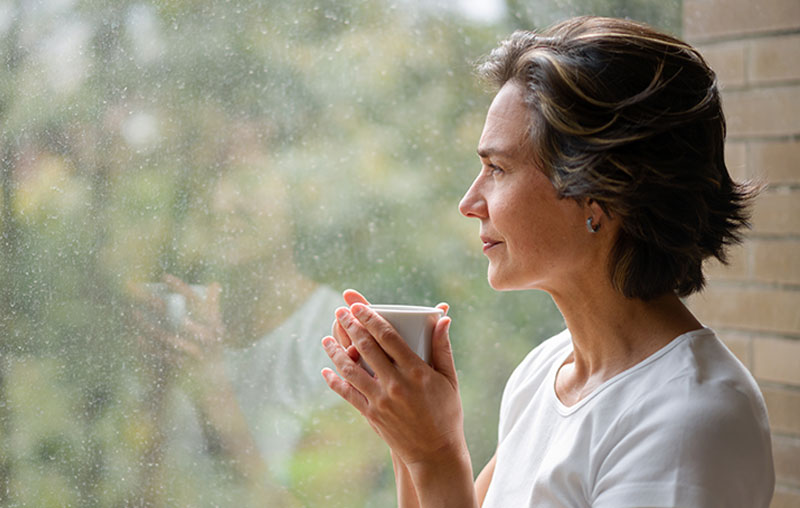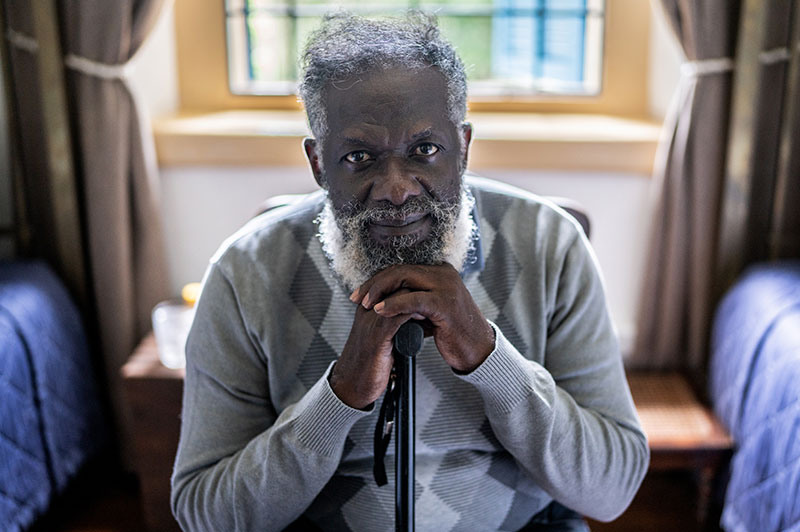Women and Alzheimer’s: Why the Risk Is So Much Greater and How to Help


Understand the trend between women and Alzheimer’s and discover how you can help someone you love who is battling the disease.
Researchers are finally beginning to get a grip on the imbalance between Alzheimer’s diagnoses in women and men. Currently, as many as 2/3 of those with Alzheimer’s in the U.S. are female. As scientists begin to understand the particular nuances behind the increasing trend of women and Alzheimer’s, we can begin to address the problem and find solutions.
According to the Alzheimer’s Association’s Director of Scientific Engagement, Rebecca Edelmayer, “Women are at the epicenter of Alzheimer’s disease as both persons living with the disease and as caregivers of those with dementia. Over the last three years, the Alzheimer’s Association has invested $3.2 million into 14 projects looking at sex differences for the disease and some of the findings today may explain risk, prevalence, and rate of decline for women.”
The longstanding belief has been that women simply have a longer expected lifespan, and we know that Alzheimer’s becomes more prevalent as age increases. Yet the theory has shifted to include the following additional determinants:
- Biology. Vanderbilt University Medical Center researchers discovered that women with mild cognitive impairment had a more accelerated spread of tau (the protein in the brain linked to death of brain cells), as well as a greater extent of tau network connectivity, than that of men.
- Memory. A study conducted by the University of California at San Diego School of Medicine revealed higher scores on verbal memory tests in women than men, which may contribute to the ability of women’s brains to compensate for cognitive impairments and to the delay of a diagnosis and subsequent treatment.
- Employment. Memory decline in women ages 60 – 70 who never worked was greater than in women with consistent employment, per the findings of a study conducted by the University of California Los Angeles – indicating that “consistent cognitive stimulation from work helps increase cognitive reserve in women.”
- Lifestyle. Because a healthy lifestyle, including a lower incidence of stress, helps reduce Alzheimer’s risk, women are particularly vulnerable – as they are most often in the role of family caregiver, a known inducer of stress.
All of these findings highlight the need for women to take good care of their own health and wellbeing. Hired Hands Homecare, the top provider of home care assistance in Santa Rosa and nearby areas, is here to help. We provide the trusted respite care that enables family caregivers to take much needed breaks from caring for their loved ones and focus on self-care. Our caregivers are specially trained and experienced in meeting the unique needs of those with Alzheimer’s disease, giving family members the peace of mind in knowing their loved ones are receiving the very best care. Call us at (866) 940-4343 to learn more.








Leave a Reply